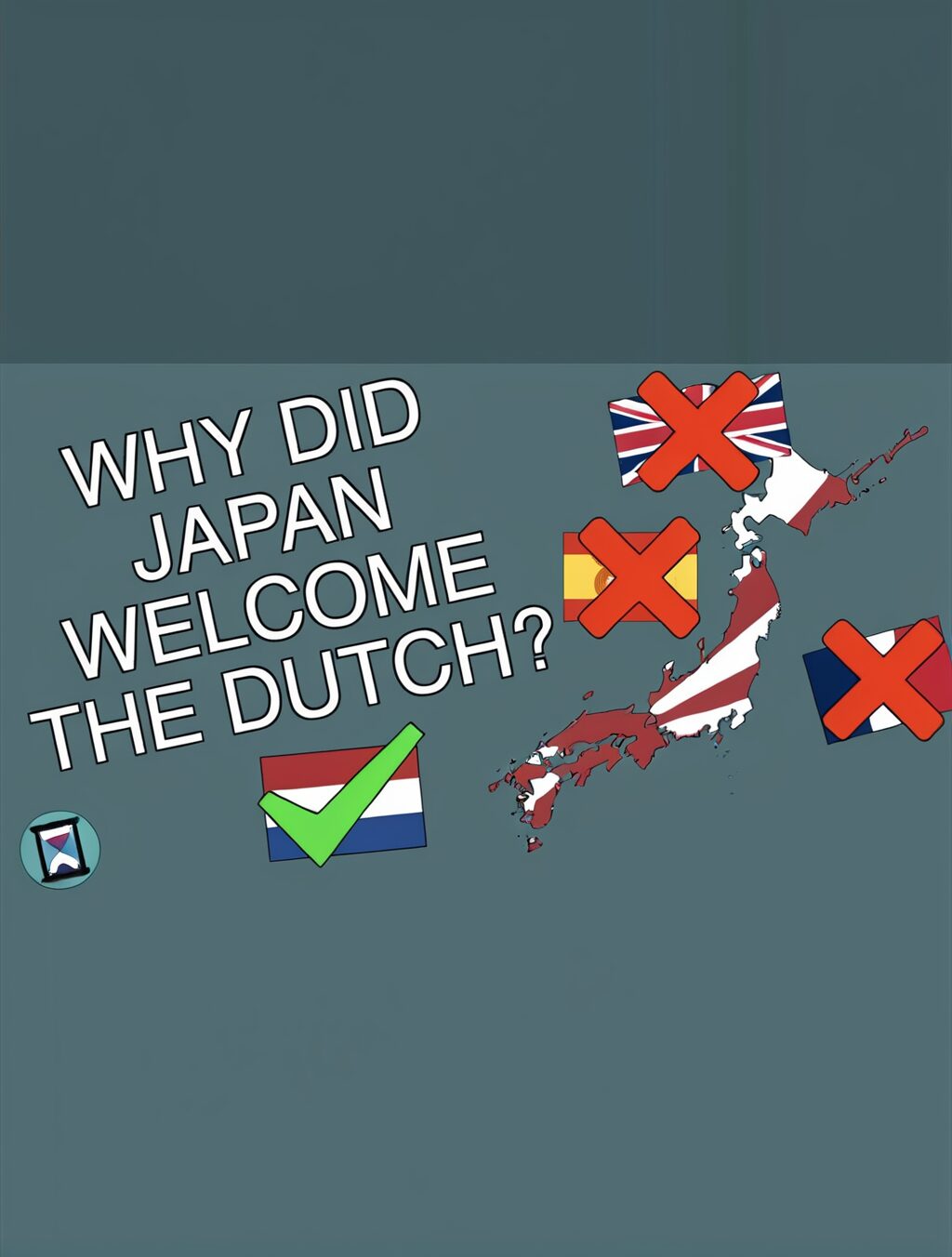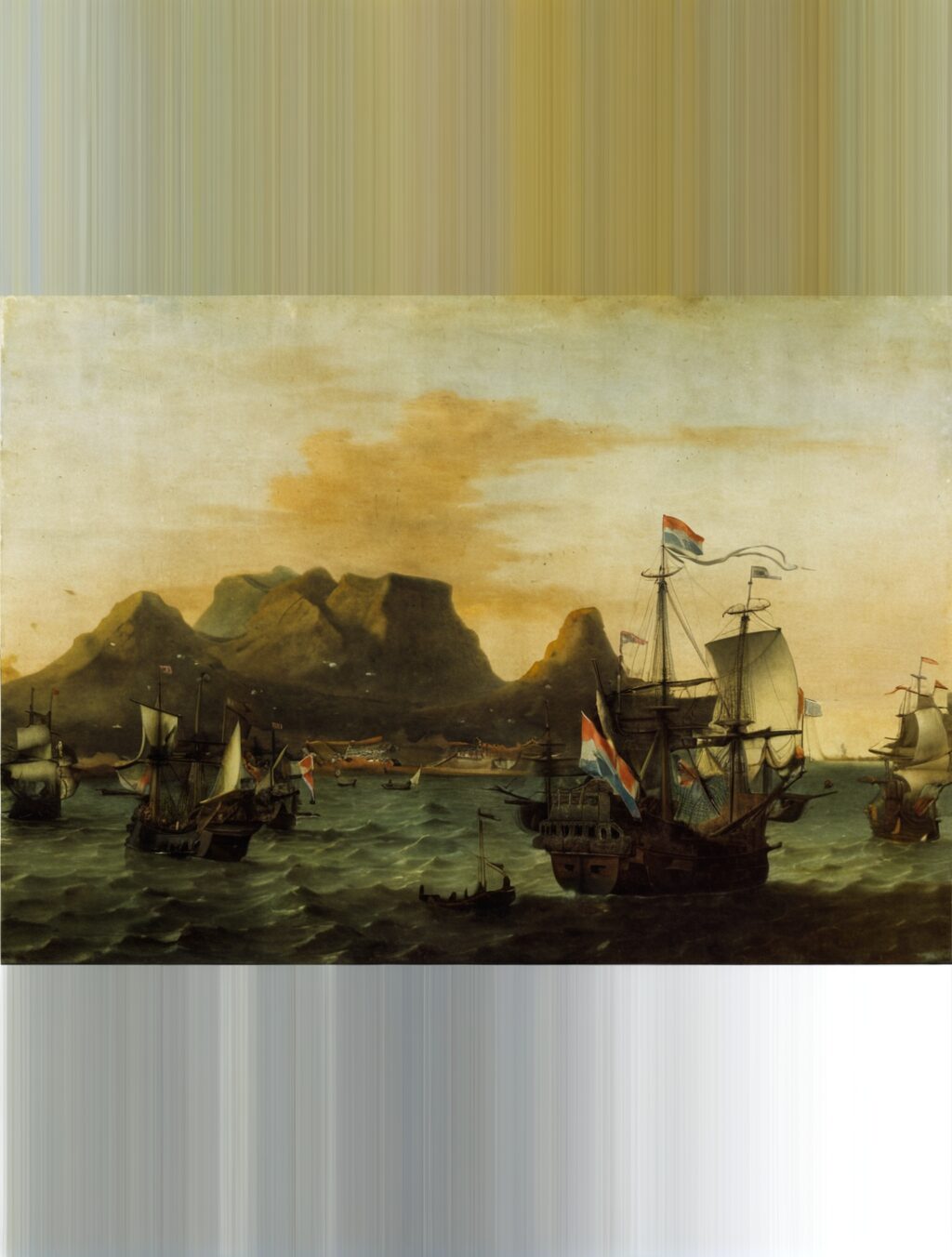Win a Free Trip to Japan!
Experience cherry blossoms and ancient temples
Why Japan Only Traded with the Dutch: A Historical Enigma
SEO Meta Description: Discover the captivating tale of why Japan chose to limit its foreign trade exclusively to the Dutch. Explore the historical context, economic factors, and geopolitical events that shaped this unique relationship.
Introduction
Japan’s isolationist policy during the Edo period has long puzzled historians. Why did a once-open nation suddenly restrict its trade to just one European power, the Dutch? This blog post unravels the enigmatic factors behind this decision, taking a closer look at the historical context, economic incentives, and geopolitical considerations that influenced Japan’s choice.
Historical Context
- Japan’s long tradition of self-sufficiency
- Fear of foreign influence and religious conversion
- Desire to maintain cultural purity
Economic Factors
- Dutch dominance in maritime trade
- Favorable trade agreements with the Dutch East India Company
- Limited demand for Japanese goods in other European markets
Geopolitical Considerations
- Dutch neutrality during Japan’s conflicts
- Shared animosity towards Portugal and Spain
- Strategic location of Dejima, the Dutch trading post
FAQ
- Why did Japan end its trade with the Dutch?
- How did the Dutch benefit from their exclusive trading rights?
- What were the consequences of Japan’s isolationist policy?
Conclusion
Japan’s decision to trade only with the Dutch was a complex interplay of historical, economic, and geopolitical factors. This unique relationship shaped Japan’s development during the Edo period and left a lasting legacy on its foreign policy and cultural identity.
why did japan only allow trade with dutch
Why Japan Only Traded with the Dutch: A Historical Enigma
Introduction
Japan’s isolationist policy during the Edo period (1603-1868) has puzzled historians for centuries. Why did a once-open nation suddenly restrict its foreign trade to just one European power, the Dutch? This blog post unravels the enigmatic factors behind this decision, taking a closer look at the historical context, economic incentives, and geopolitical considerations that influenced Japan’s choice.
Historical Context
- Japan’s long tradition of self-sufficiency and limited foreign contact
- Fear of foreign influence and religious conversion, particularly after the arrival of Portuguese and Spanish missionaries
- Desire to maintain cultural purity and avoid the perceived negative effects of Westernization
Economic Factors
- Dutch dominance in maritime trade and their extensive network of trading posts in Asia
- Favorable trade agreements with the Dutch East India Company, which gave Japan access to desired goods such as silk, sugar, and spices
- Limited demand for Japanese goods in other European markets
Geopolitical Considerations
- Dutch neutrality during Japan’s conflicts with other European powers, such as Portugal and Spain
- Shared animosity towards these rival powers
- Strategic location of Dejima, the Dutch trading post in Nagasaki, which allowed Japan to control and monitor foreign trade
Conclusion
Japan’s decision to trade only with the Dutch was a complex interplay of historical, economic, and geopolitical factors. This unique relationship shaped Japan’s development during the Edo period and left a lasting legacy on its foreign policy and cultural identity.

